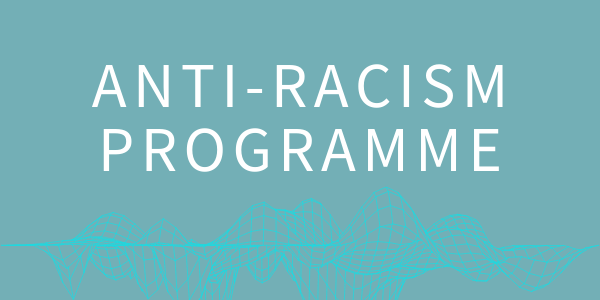This blog first appeared in the Wonkhe Daily on 1st October:
We have all been reflecting over the last few months just how successful our equality and diversity work has truly been in narrowing the gap for black students and staff.
Higher education providers of all shapes and sizes have action plans and working groups, yet I think we can all be honest about the fact that progress has been painfully slow. That is why GuildHE, with our members, is launching a new programme of work focused on anti-racism, to offer a different approach to equality activities.
Despite the vast amount of data and research describing the systemic barriers people of colour face in accessing education, healthcare and employment, we still insist that we need more before taking action. At the same time, our staff and students say we have been too quiet about the interventions we have been implementing, and that we need to be more transparent and collaborative in how we deliver our equality work if we want to really embed it.
Up the ante
Being open and honest about where we are and where we need to be is essential to show we are serious about making this change, and will encourage our staff to participate and our students to take action.
GuildHE’s approach aligns to our values of being ethical, inclusive, and creative. By approaching this work through the lens of anti-racism we are consciously realigning equality and diversity work to be more action focused and wide reaching.
We will be providing allyship training for our ten practitioner networks which we hope will reignite the conversation of how we can all take responsibility for social justice, and give our members the confidence to call out instances of discrimination both internally, and in the wider world.
We’ll host action learning sets to provide a space for support, challenge and inspire innovation in tackling inequalities, as well as hosting monthly lunchtime webinars. GuildHE Research will develop a specific stream of activity to look specifically at the experiences and barriers to progression at postgraduate level, with the aim of tackling inequalities in research. Without this, we cannot improve the diversity of our disciplines.
The burden of responsibility
Our sector has a huge weight on its shoulders in being seen as the agent of social mobility and social justice. We are regulated on our ability to narrow the equality gap for our students, both while they are studying and once they enter employment.
While we have argued that it is unfair that we are saddled with fixing the inequalities in the school system and have very little power in the salaries and careers of our graduates, our situation provides an opportunity to make a tangible difference to our communities and show how much of a public good higher education institutions really are.
This is the start of a long term commitment to prioritise equality and diversity in our work. We won’t be able to solve all of the inequalities in society and within our HE structures overnight. And this doesn’t diminish the work we and our members have done in the past to narrow the equality gap. But we are committed to thinking and acting differently about structural barriers and taking ownership for fixing them.
In case of any questions, please email Kate.wicklow@guildhe.ac.uk

